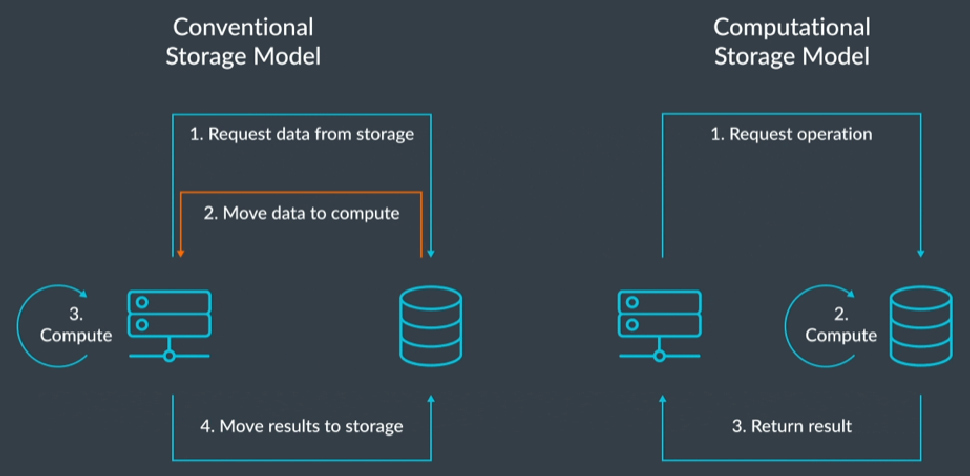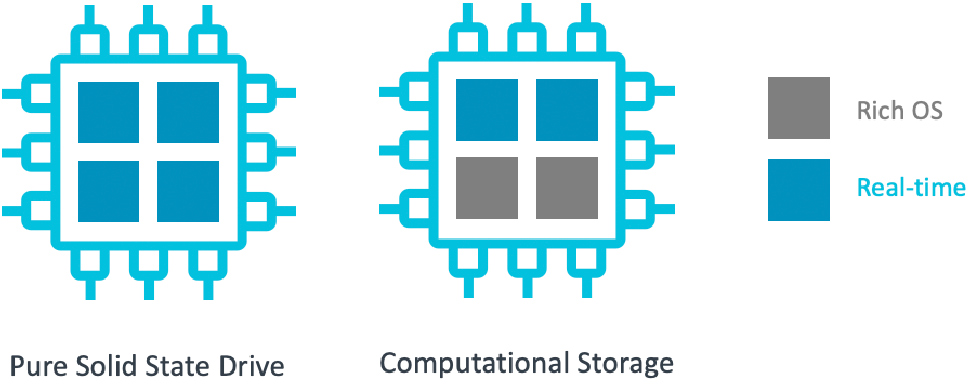Arm has unveiled its new Cortex-R82 processor core designed for high-performance real-time applications that promises a two times performance uplift when compared to its predecessor.
The new core will be primarily used for modern storage devices - including solid-state drives and hard disk drives - that require more computational performance and more onboard DRAM for data processing.
Arm’s Cortex-R cores are used in various SoCs for communications and storage, including modems and HDD and SSD controllers. Arm’s previous-generation Cortex-R8 is a 32-bit core that cannot address more than 4GB of DRAM, which is sometimes a limitation for modern high-capacity SSDs, all-flash arrays and in-storage processing.
- The best SSDs: the top solid-state drives for your PC
- Here's our list of the best cloud storage services around
- Need more space? Check out the best portable SSD
Real-time Linux-capable core
The Arm Cortex-R82 is the company’s first processor core for real-time applications that uses its 64-bit Armv8-R architecture. The key features of the product look as follows:
- Two times higher performance when compared to the Cortex-R8;
- Scalability up to four cores per cluster at 1.80GHz;
- Ability to address up to 1TB of DRAM;
- Optional MMU capability for operating systems like Linux;
- Optional Neon accelerators for machine learning (ML) and floating-point computations.
High performance and 40-bit memory addressing will make Arm’s Cortex-R82 a core of choice for next-generation SSDs that will require better signal processing as 3D NAND memory gets more complex and drives get more capacious. But the new core will enable much more.

In-storage processing applications are gaining traction, but today they rely on SoCs powered by Arm’s Cortex-A-series processor cores. Such SoCs offer high performance, but Cortex-A-series cores are not the most optimal choice for storage applications because of latencies.
Linux-capable Cortex-R82 can do general-purpose processing while offering consistent performance and low latencies expected from a real-time core, which somewhat changes rules of the game. Furthermore, the addition of Neon accelerators and up to 1TB of DRAM further expands applicability of in-storage processing for IoT as well as edge computing.
Meanwhile, one controller based on four Arm Cortex-R82 cores can now serve both classic SSD as well as computational storage applications, which will make developers like Marvell, Phison, and Silicon Motion happy.

Arm expects its Cortex-R82 cores to be implemented using 5nm process technologies, which is an overkill for client SSD controllers today. But for more advanced solid-state storage solutions that need to combine performance and low power, this might be what the doctor ordered.
Source: Arm Limited
from TechRadar - All the latest technology news https://ift.tt/3lSyKmn
via

0 Comments: